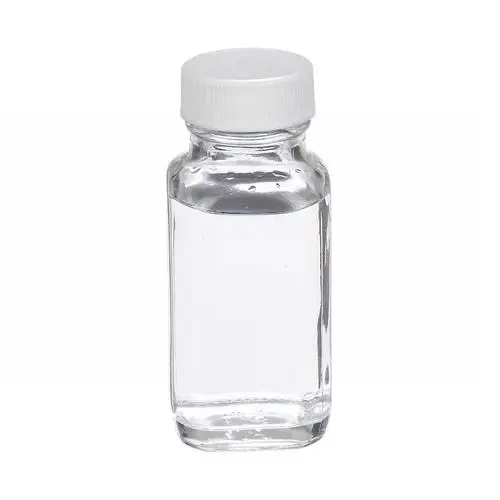Chemical Treatments for Wastewater An Overview
Wastewater treatment is an essential process aimed at removing contaminants from wastewater and making it safe for discharge into the environment or for reuse. Among various treatment methods, chemical treatments play a crucial role in efficiently reducing pollutants. This article discusses the key chemicals used in wastewater treatment, their functions, and the importance of these processes in safeguarding public health and the environment.
Key Chemicals Used in Wastewater Treatment
1. Chlorine and Chlorine Compounds Chlorine is one of the most widely used chemicals for disinfecting wastewater. It effectively kills bacteria, viruses, and other pathogens, making the water safe before it is discharged or reused. Chlorine is typically applied in the form of gas or sodium hypochlorite (bleach). However, proper handling is essential, as residual chlorine can be harmful to aquatic life.
2. Ozone Ozone is another popular disinfectant used in wastewater treatment. It is a powerful oxidizing agent that breaks down organic compounds and destroys pathogens. The use of ozone has the advantage of leaving no harmful residuals, making it an environmentally friendly alternative. However, the generation of ozone requires specialized equipment, which can represent a higher initial cost.
3. Alum (Aluminium Sulfate) Alum is commonly used as a coagulating agent in wastewater treatment. It works by neutralizing the charge of suspended particles, causing them to agglomerate and settle out of the wastewater. This process, known as coagulation and flocculation, is essential for removing turbid materials, phosphates, and some heavy metals, thereby improving water clarity and quality.
4. Ferric Chloride and Ferric Sulfate These iron-based coagulants are also used to enhance the removal of phosphorus and other contaminant particles in wastewater. They function similarly to alum, aiding in the coagulation process and effectively precipitating out harmful substances.
5. Lime (Calcium Hydroxide) Lime is used to raise the pH of wastewater and precipitate heavy metals. The alkaline environment created by lime can also promote the settling of solids and the stabilization of sludge. Additionally, lime can be used to reduce odors associated with wastewater treatment.
what chemical is used to treat wastewater

6. Sodium Bicarbonate Often used to neutralize acidic wastewater, sodium bicarbonate helps to restore the pH balance to a more suitable level for subsequent treatment processes. This is important because extreme pH levels can hinder the effectiveness of biological treatment methods.
7. Hydrogen Peroxide A strong oxidizer, hydrogen peroxide is used for advanced oxidation processes in wastewater treatment. It helps in decomposing organic pollutants and can be particularly useful in treating industrial wastewater containing complex organic compounds.
Importance of Chemical Treatments in Wastewater Management
Chemical treatments are vital for addressing the diverse challenges posed by wastewater treatment. They contribute to improving the overall quality of effluent, ensuring compliance with environmental regulations, and protecting aquatic ecosystems. The use of appropriate chemicals not only helps in reducing pathogenic organisms but also aids in removing harmful substances such as heavy metals and nutrients, particularly nitrogen and phosphorus, which can lead to eutrophication in receiving waters.
Moreover, the choice of chemical agents and their dosage must be carefully calibrated to achieve optimal results while minimizing secondary pollution. For instance, the residuals left by chemicals like chlorine can pose challenges if not managed properly. This necessitates the implementation of advanced treatment processes or additional steps to neutralize or remove these residuals before water is discharged.
Conclusion
In conclusion, the use of chemicals in wastewater treatment is a critical aspect of modern environmental management practices. By employing a range of chemical agents—each serving a specific purpose—wastewater treatment facilities can effectively reduce contaminants, ensure the safety of treated water, and protect public health and the environment. As technology advances and regulations become increasingly stringent, the development of new chemical treatments and optimization of existing processes will continue to play a vital role in sustainable water management. Embracing these methods not only addresses immediate water quality concerns but also contributes to the long-term health of our ecosystems.

